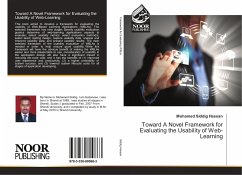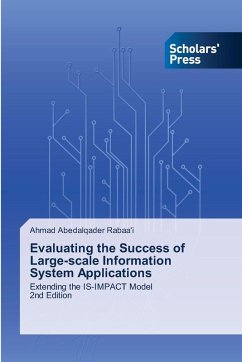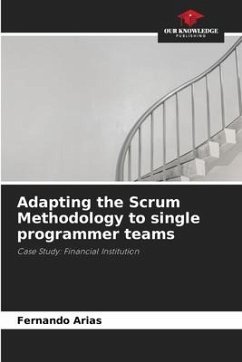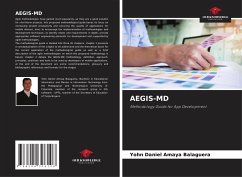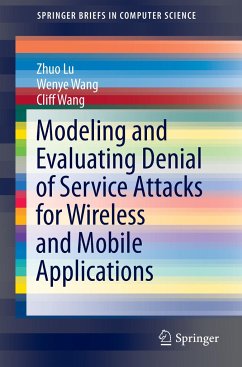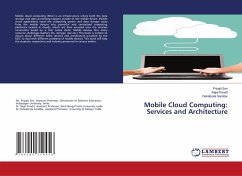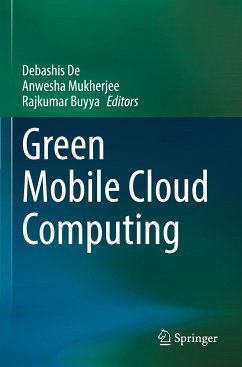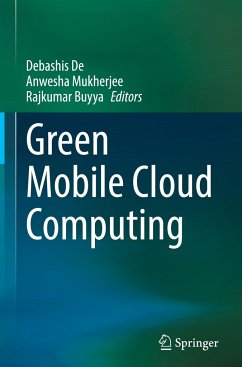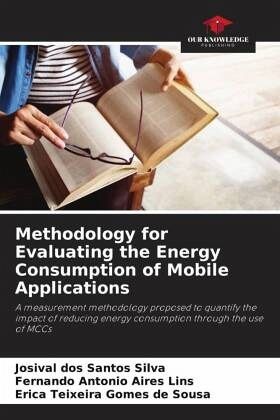
Methodology for Evaluating the Energy Consumption of Mobile Applications
A measurement methodology proposed to quantify the impact of reducing energy consumption through the use of MCCs
Versandkostenfrei!
Versandfertig in 6-10 Tagen
33,99 €
inkl. MwSt.

PAYBACK Punkte
17 °P sammeln!
The increase in the use of mobile devices in the first decade of this century has enabled users to carry out various activities that were previously only possible using personal computers. However, the use of these devices is impacted by their known computing limitations, such as data processing, RAM, storage and low energy autonomy. In this context, this work presents a measurement methodology that can be applied to scenarios involving Mobile Cloud Computing (MCC). This measurement methodology makes it possible to evaluate the energy consumption of applications in MCC environments using diffe...
The increase in the use of mobile devices in the first decade of this century has enabled users to carry out various activities that were previously only possible using personal computers. However, the use of these devices is impacted by their known computing limitations, such as data processing, RAM, storage and low energy autonomy. In this context, this work presents a measurement methodology that can be applied to scenarios involving Mobile Cloud Computing (MCC). This measurement methodology makes it possible to evaluate the energy consumption of applications in MCC environments using different workloads. In addition to energy consumption, this work takes into account the execution time metric, deriving an indirect metric, allowing the impact of different factors such as cloud types (public and private) and the type of connection (3G, 4G and Wi-Fi) running on the system to be evaluated. Using the proposed measurement methodology, it was possible to verify and quantify the impact of using MCC to reduce the energy consumption of a smartphone.



